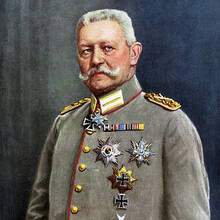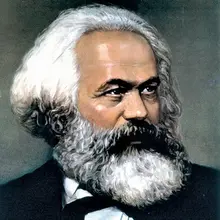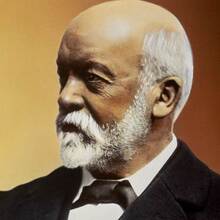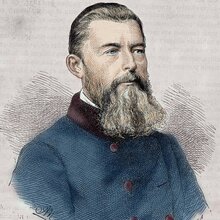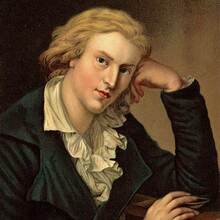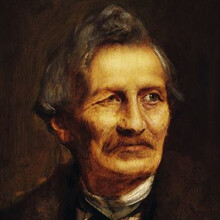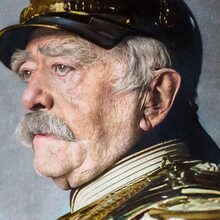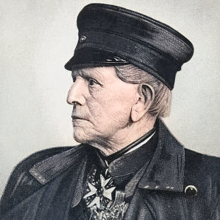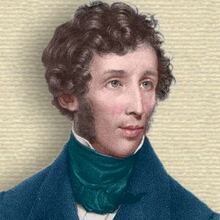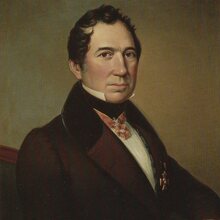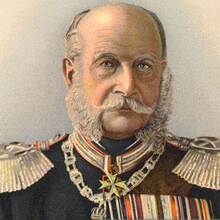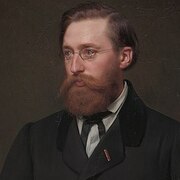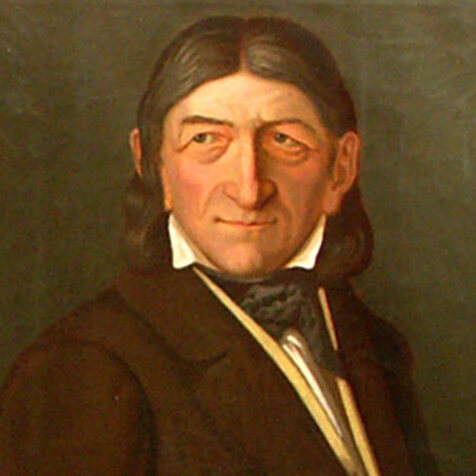
Personal
Other names:
Job / Known for:
Founder of kindergarten and educational theorist
Left traces:
Froebel gifts, Froebel star
Born
Date:
1782-04-21
Location:
DE
Oberweißbach, Holy Roman Empire
Died
Date:
1852-06-21 (aged 70)
Resting place:
DE
Death Cause:
Pneumonia
Family
Spouse:
Henriette Wilhelmine Hoffmeister (1818–1839)
Children:
None
Parent(s):
Johann Jacob Froebel and Jacobine Eleonore Friederike Hoffmann (mother died when he was nine months old)
QR Code:
Show More
Rank
Users ranking to :
Thanks, you rate star
Ranking
5.0
1
Fullname
Friedrich Froebel
Fullname NoEnglish
Friedrich Fröbel
Slogan
Play is the highest expression of human development in childhood
About me / Bio:
Show More
Article for Friedrich Froebel
Died profile like Friedrich Froebel
Comments:

